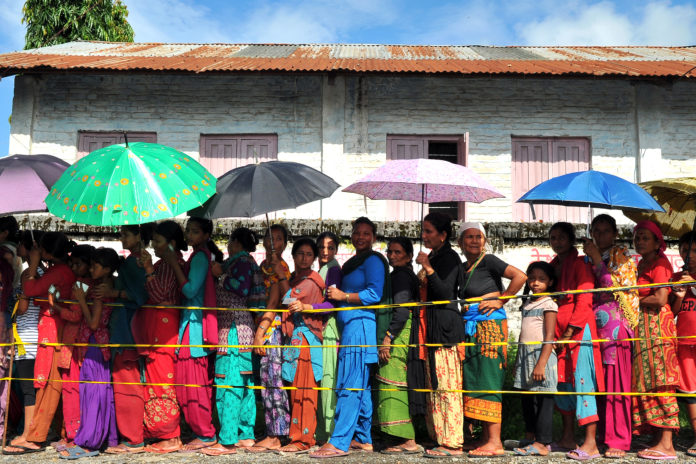The Rs 2000 crore allocation for a Rs 5 lakh health cover for 10 crore people cannot possibly fool anyone. If this government puts its money where its mouth is, health may become one of the lasting legacies of Narendra Modi
It was in 2012 that India first embarked on the Universal Health Coverage path – at least notionally – when the then UPA government set up a High Level Expert Group (HLEG) on Universal Health Coverage. Hopes have been raised many times since then – when the first health minister of the current NDA government Dr Harshvardhan talked health assurance while taking charge, when in 2016 finance minister Arun Jaitley announced the health protection scheme in his Budget speech, when in August that year prime minister Narendra Modi reiterated the NHPS commitment. To that extent Thursday’s announcement of Ayushman Bharat – a combination of NHPS and a big preventive healthcare plan – is not something we have not heard of before.
Only time will tell whether it becomes the turning point in India’s Universal Health Coverage journey or remains just one of the many UHC promises that have not been fulfilled. There are some positives though.
Despite years of criticism and a renewed commitment in the National Health Policy 2017 to raise health spending to 2.5% GDP, in real terms the Rs 52,800 crore health allocation is just 1.2% if the GDP and the actual money that the health ministry has received for the health protection scheme so far is about Rs 2000 crore.
The fact that the present health cover proposal talks of a ceiling of Rs 5 lakh instead of Rs 1 lakh that was announced in 2016 shows that the government at least has started taking into account the real cost of healthcare rather than going by outdated estimates. Rs 1 lakh can cover hardly any serious health problem in the present context. Moreover the fact that for the first time there is a separate allocation for preventive healthcare shows that finally we are moving from a curative to preventive focus in health. Admittedly Rs 1200 crore (with the Rs 800 crore projected state share it will come to Rs 2000 crore) is very little but that at least is a start that will make health sub centres move away from pregnancies and vaccinations to screening for NCDs and promotion of wellness.
The big question though is that where will the moolah for all this come from. Despite years of criticism and a renewed commitment in the National Health Policy 2017 to raise health spending to 2.5% GDP, in real terms the Rs 52,800 crore health allocation is just 1.2% if the GDP and the actual money that the health ministry has received for the health protection scheme so far is about Rs 2000 crore. Given the obvious financial constraints, providing for NHPS – assuming that this time it is rolled out and not put in the backburner as was done in 2016 – once it has managed to enlist all the 10 crore intended beneficiaries, will be a tough ask. According to Niti Ayog sources in full steam the scheme is expected to cost the exchequer around Rs 12000 crore every year.
Jaitley admittedly made some provisions in his speech. “…at present there is a three per cent cess on personal income tax and corporation tax consisting of two per cent cess for primary education and one per cent cess for secondary and higher education. In order to take care of the needs of education and health of BPL and rural families, I have announced programs in Part A of my speech. To fund this, I propose to increase the cess by one per cent. The existing three per cent education cess will be replaced by a four per cent “Health and Education Cess” to be levied on the tax payable. This will enable us to collect an estimated additional amount of `11,000 crores,” Jaitley said.
The next challenge of course will be strengthening of health systems. To ensure that there are enough doctors to carry out the preventive push meaningfully and to devise ways to implement the health protection scheme in totality, mere increase of funds is not enough ; the system has to be geared to absorb the money. Health being a state subject it is the prerogative of states to decide whether they want to go with a trust based model like the Central Government Health Scheme or an insurance based model like Rashtriya Swasthya Bima Yojana. Many states are already running such schemes, a fact acknowledged by Jaitley in his speech. It would be both in the interest of healthcare and of federalism to make use of that experience while chalking out the final contours of the health protection scheme.


